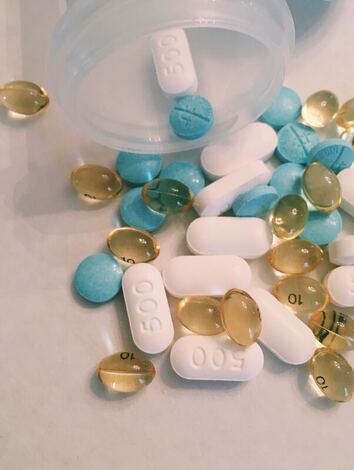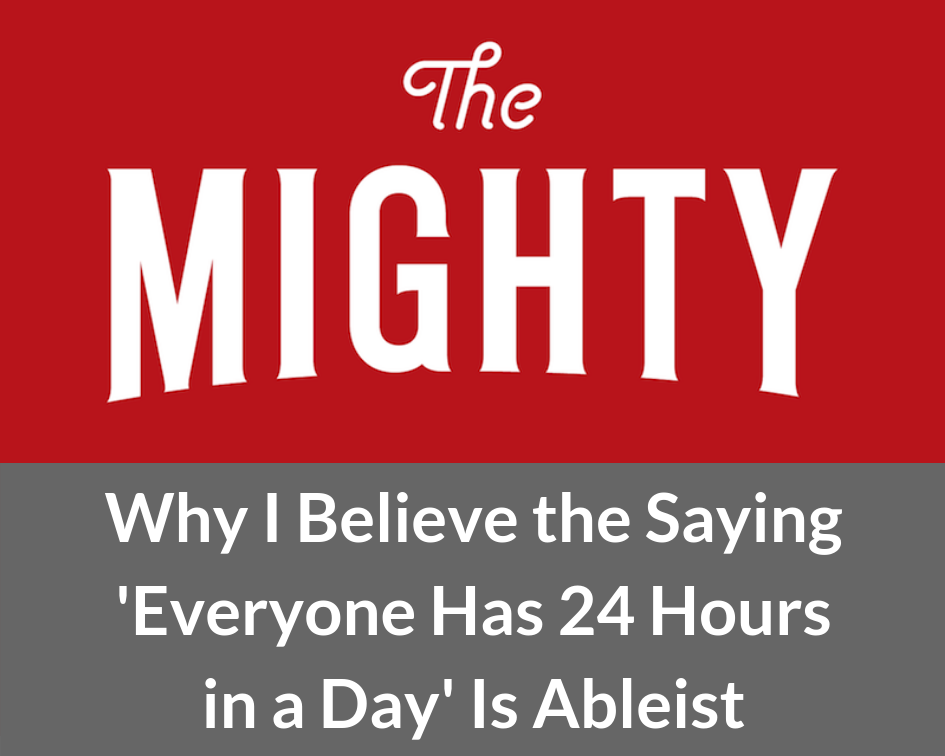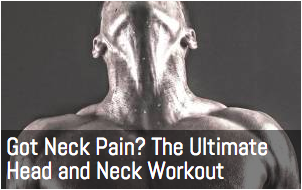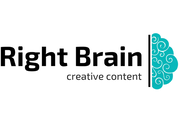|
“Dependency” is not a word I typically use on a daily basis. I would imagine that, unless you work in a rehab facility or similar environment, it’s probably not a major staple in your vocabulary either. But lately I’ve been thinking about this word and, more specifically, what it means for people with chronic illness and/or disability. I would imagine a lot of people probably share the same initial reaction to this word. It evokes images of heroin addicts and alcoholics – people who are “dependent” on dangerous substances that may or may not be legal. But what about all the people who depend on resources ranging from medications like insulin to mobility aids or even caregivers to survive? Clearly, dependency can have different meanings to different people. For many people living with chronic illness, dependency is a fact of life. Whether we depend on the medications we take simply to keep us alive or to make it possible for us to work, walk or do any of the other daily activities that most people take for granted, we are forever reliant on something that’s often no bigger than our pinky nail. It’s both a humbling realization and a source of shame for many of us. I consider myself a natural optimist. But even I have caught myself in the dangerous thought-patterns of dependency from time to time. Recently, stories of the Holocaust have been circulating social media and every TV news channel in celebration of the 75th anniversary of the liberation of Auschwitz. These stories take on a new meaning when you realize that at any other time in human history, the millions of people who depend on life-saving medications would face a very different fate than they do today.
Knowing that your existence and way of life is entirely dependent on a tiny, Tic Tac-sized pill manufactured and prescribed by other humans – who probably have no concept of the power they possess over your life – can be downright terrifying. How do you reconcile your sense of self-worth with your dependency on something entirely outside your control? How do you continue to view yourself as a successful, independent adult when your independence is only possible thanks to modern medicine and the stranger at the pharmacy counter?
I wholeheartedly believe that people with chronic illnesses and disabilities have value, and they deserve to have the same opportunities as anyone else. But I still struggle with these thoughts about my own dependency from time to time. Knowing that my body is practically useless without my medications can make me feel like I’ve somehow failed. Relying on my doctor, pharmacist and health insurer for the opportunity to live and thrive can make me feel utterly powerless. It’s a tough pill to swallow (pun intended). I don’t think dependency is something to be ashamed of. But I won’t lie and say I’ve never felt shame about my own dependency. I’m human after all. There might never be a cure for this cognitive dissonance, and I can’t say I won’t continue to struggle with it. But I think it’s important to find a balance between recognizing your dependency and exercising independence every chance you get. Many of the things I’ve accomplished wouldn’t be possible without the drugs that help me function, but that doesn’t make them any less laudable. I still put in the work. I still deserve the credit. We’re all dependent on something – even if it’s just the water we drink and the air we breathe – but that doesn’t mean we don’t have value. So whether you repeat an empowering mantra, talk to a supportive friend or write in a journal, take some time today to do something that reminds you of your worth. Because, regardless of who or what you depend on, you deserve it.
0 Comments
Leave a Reply. |
My name is Maggie Morehart, and I'm the creator of Incurable. Learn more.
Categories
All
More Places to Find Me |



 RSS Feed
RSS Feed








